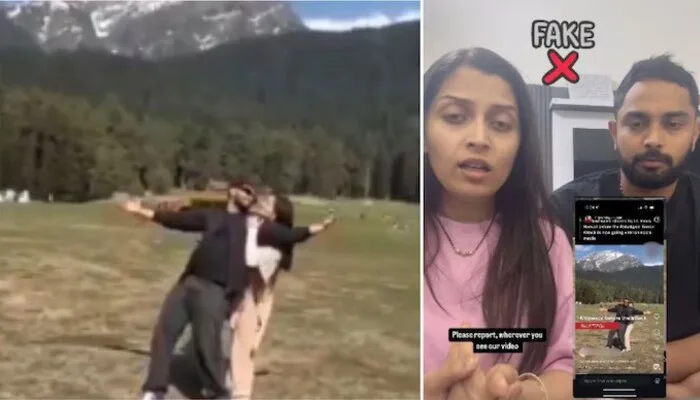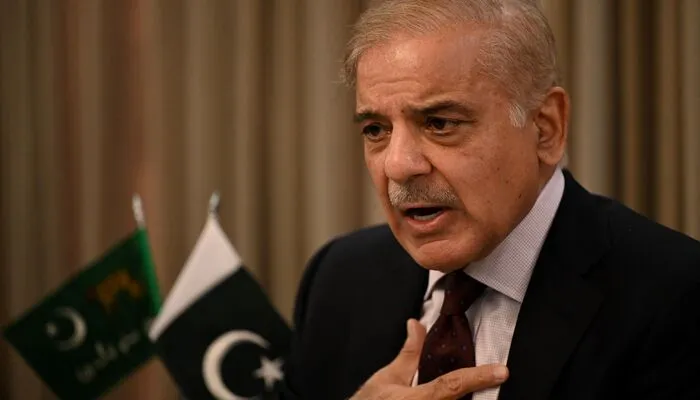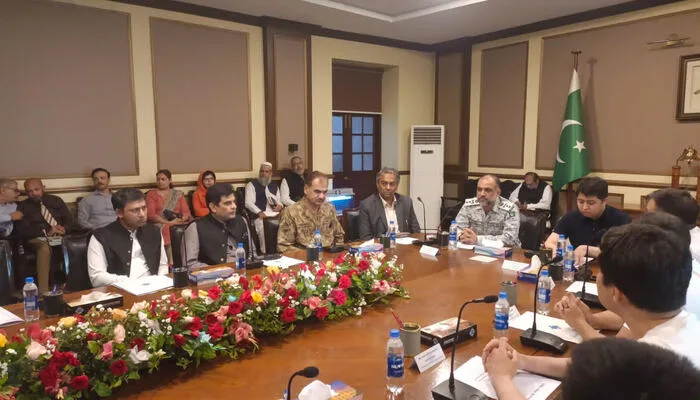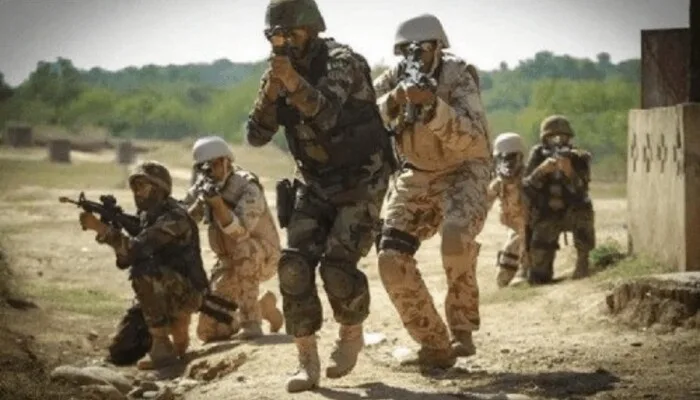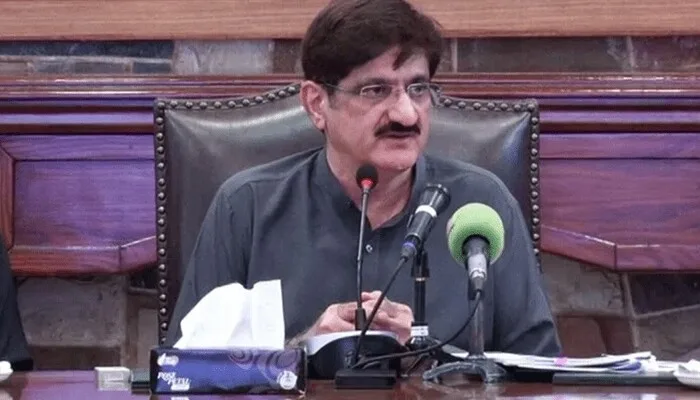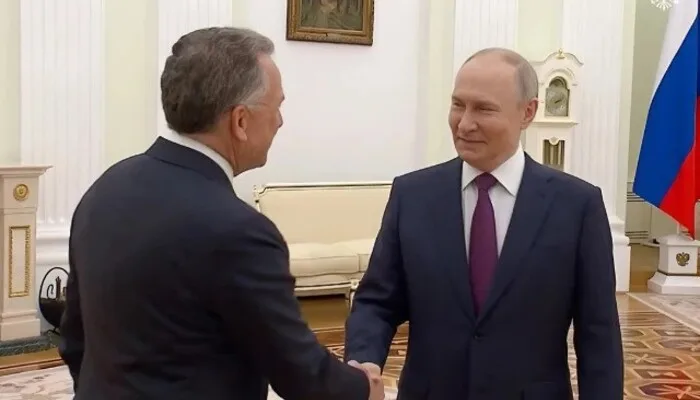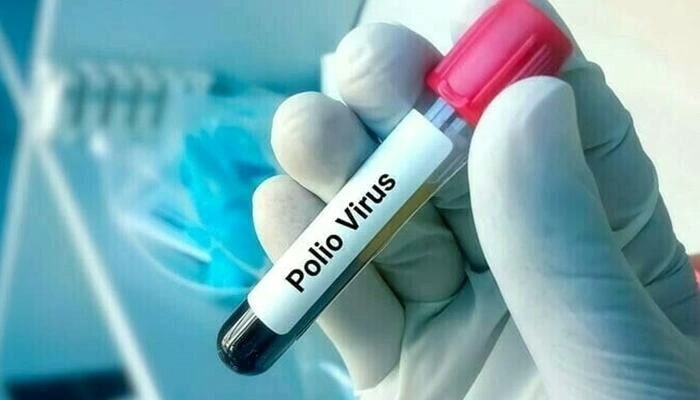
The detection of wild polio virus type 1 (WPV1) in environmental samples across ten districts has sparked serious concerns for public health. Pakistan’s National Institute of Health (NIH) confirmed the presence of the virus, highlighting the ongoing threat to children across the country.
Districts Affected by the Virus
Environmental samples collected from Gwadar, Sibi, Khuzdar, Dukki, Hub, Lasbela, Noshki, Bannu, Dera Ismail Khan, and Lahore tested positive for WPV1. Officials clarified that these positive findings from sewage samples indicate that the districts are classified as “infected.” This designation differs from the confirmation of polio cases in children, which are labeled as “positive polio cases.”
Read: PM Shehbaz Launches Final Polio Campaign
A Growing Threat
So far, Pakistan has reported 64 polio cases this year. Health experts have warned that the resurgence of the virus has placed children at significant risk of lifelong paralysis. The virus thrives in unsanitary environments, and its presence in sewage underscores the urgent need for action to curb its spread.
Understanding Environmental Sampling
Officials explained the importance of environmental sampling in tracking the virus. When WPV1 is detected in sewage from a specific area, it signals active transmission of the virus. These findings allow authorities to identify high-risk zones and focus vaccination and eradication efforts accordingly.
Call for Renewed Vigilance
The resurgence of polio in these districts is a reminder of the critical importance of vaccination campaigns and public health interventions. Health authorities urge parents to ensure their children receive proper vaccination, as immunization remains the most effective way to protect against polio.
The Path Forward
To combat the spread of the virus, Pakistan’s health authorities must address gaps in immunization coverage and sanitation. Coordinated efforts involving government bodies, health workers, and local communities are essential. It is a dire need to safeguard children and eliminate the virus from the country.
The detection of WPV1 serves as a stark reminder that polio eradication remains a pressing challenge. Without swift action, children across the nation remain vulnerable to this debilitating disease.
Follow Day News on Google News, Instagram, YouTube, Facebook, Whats App, and TikTok for latest updates



